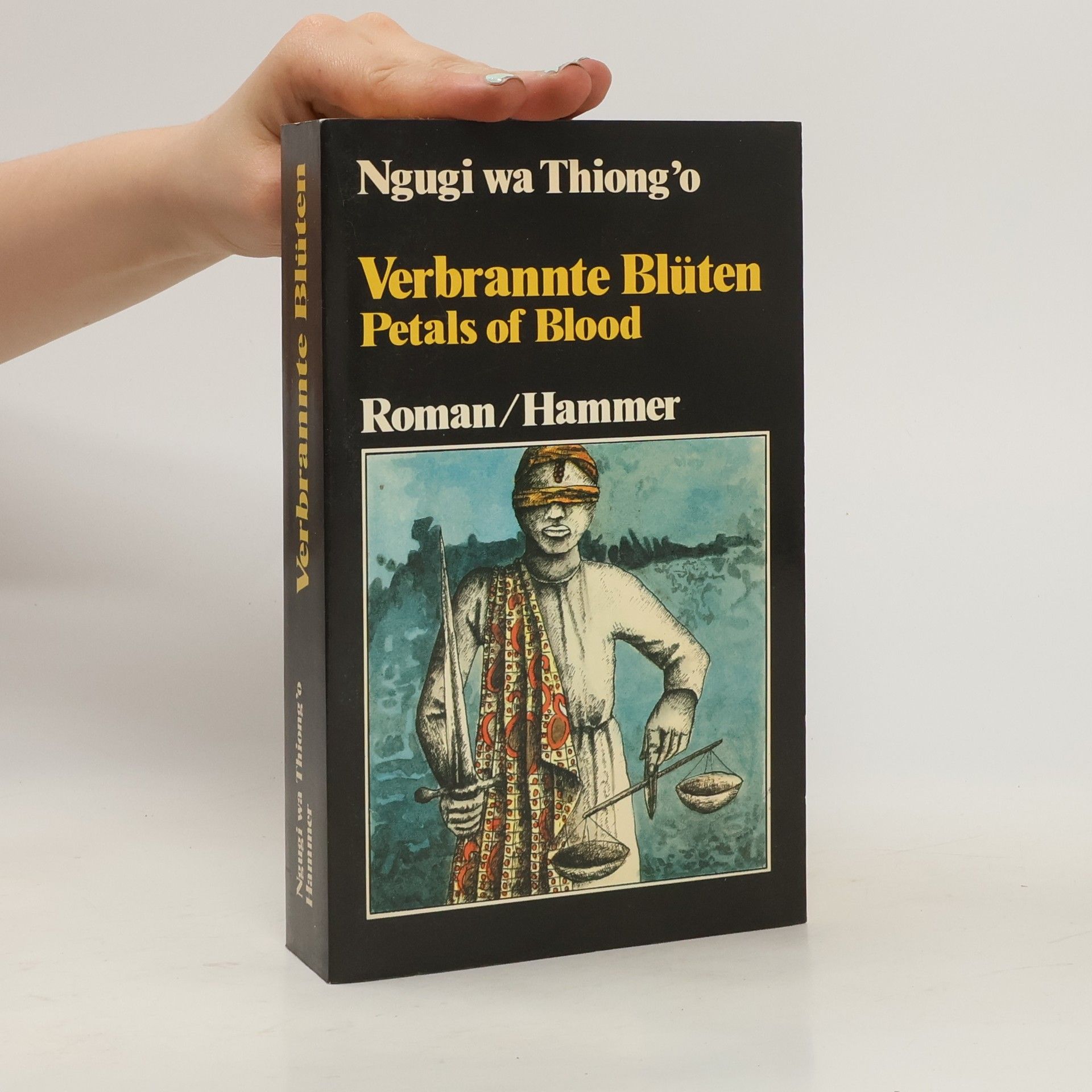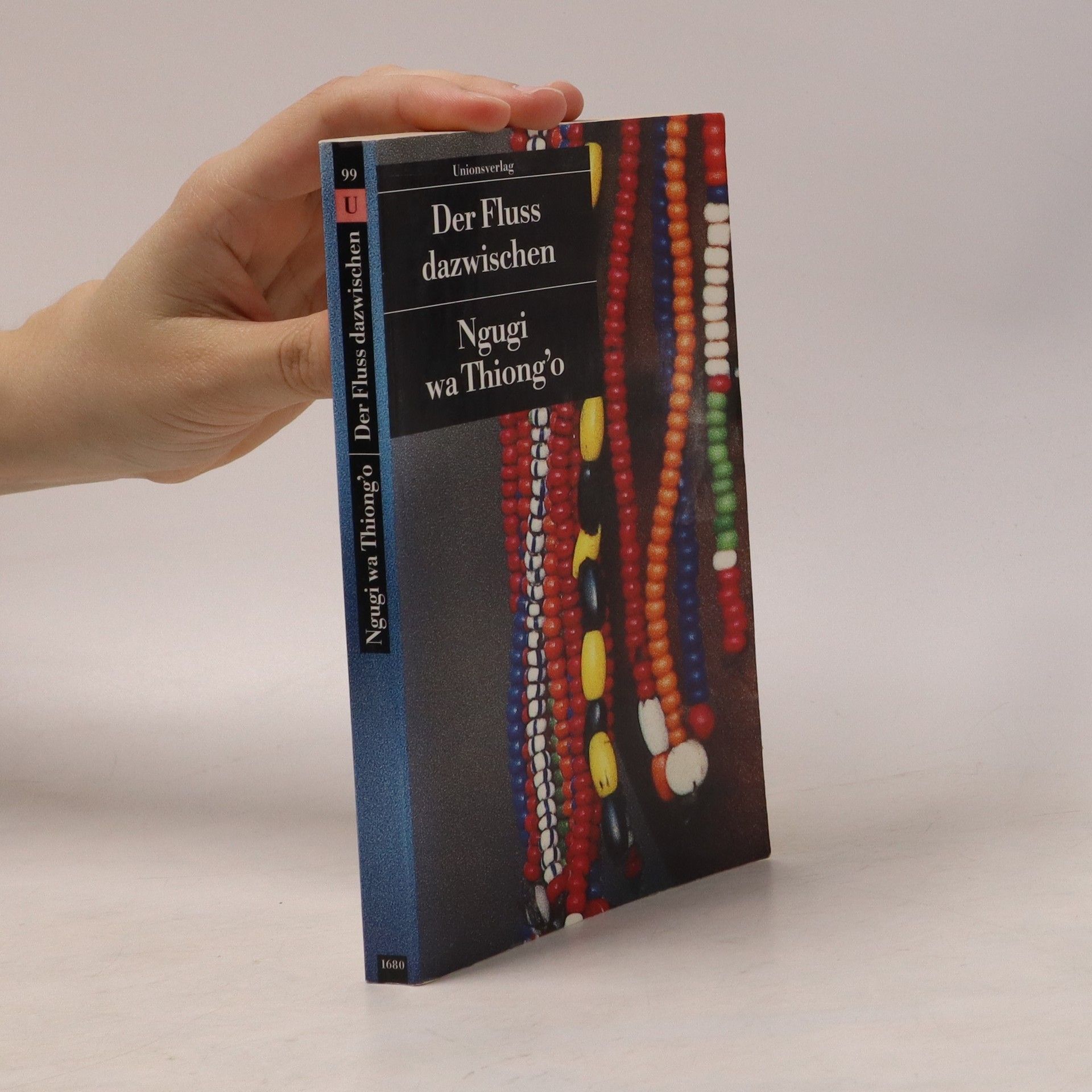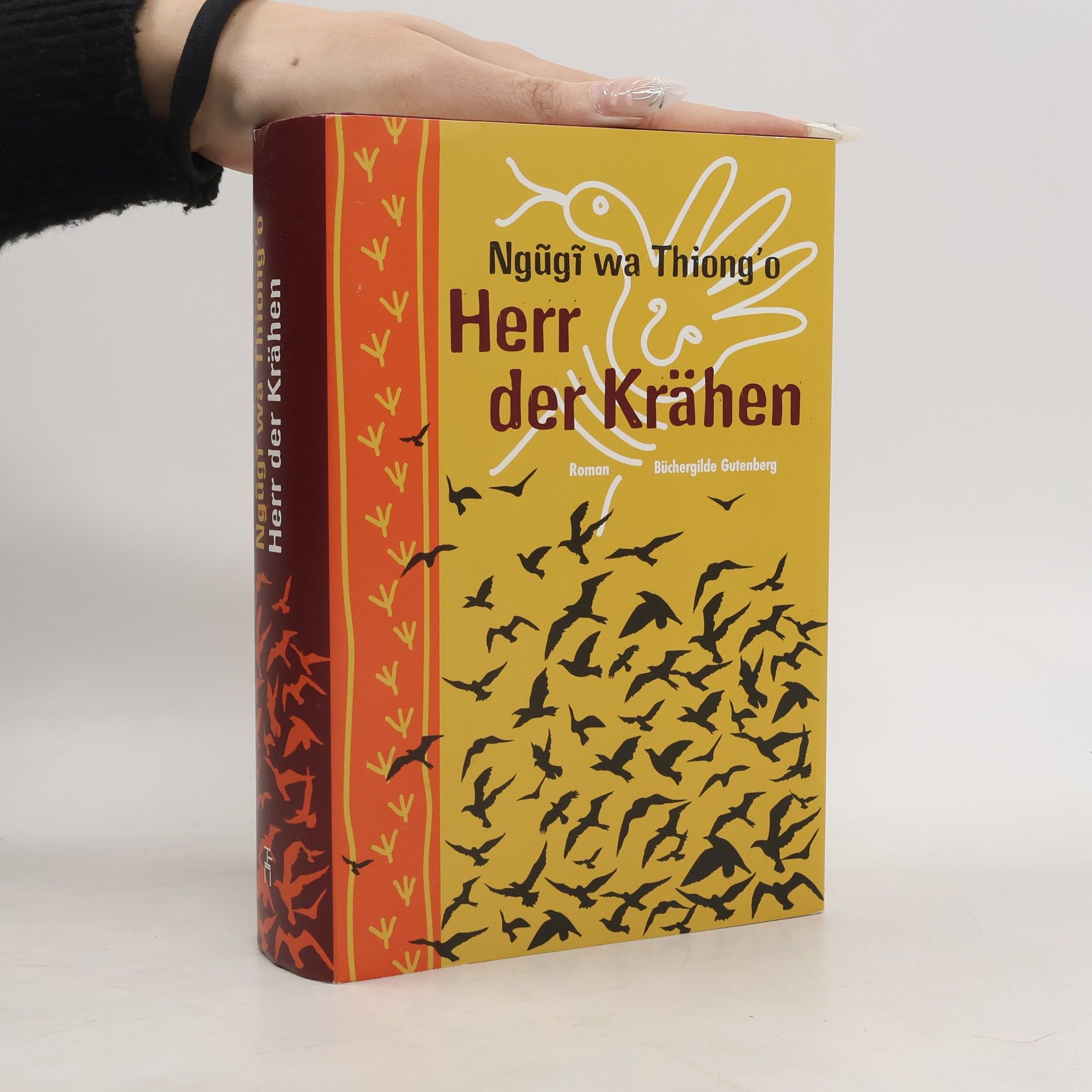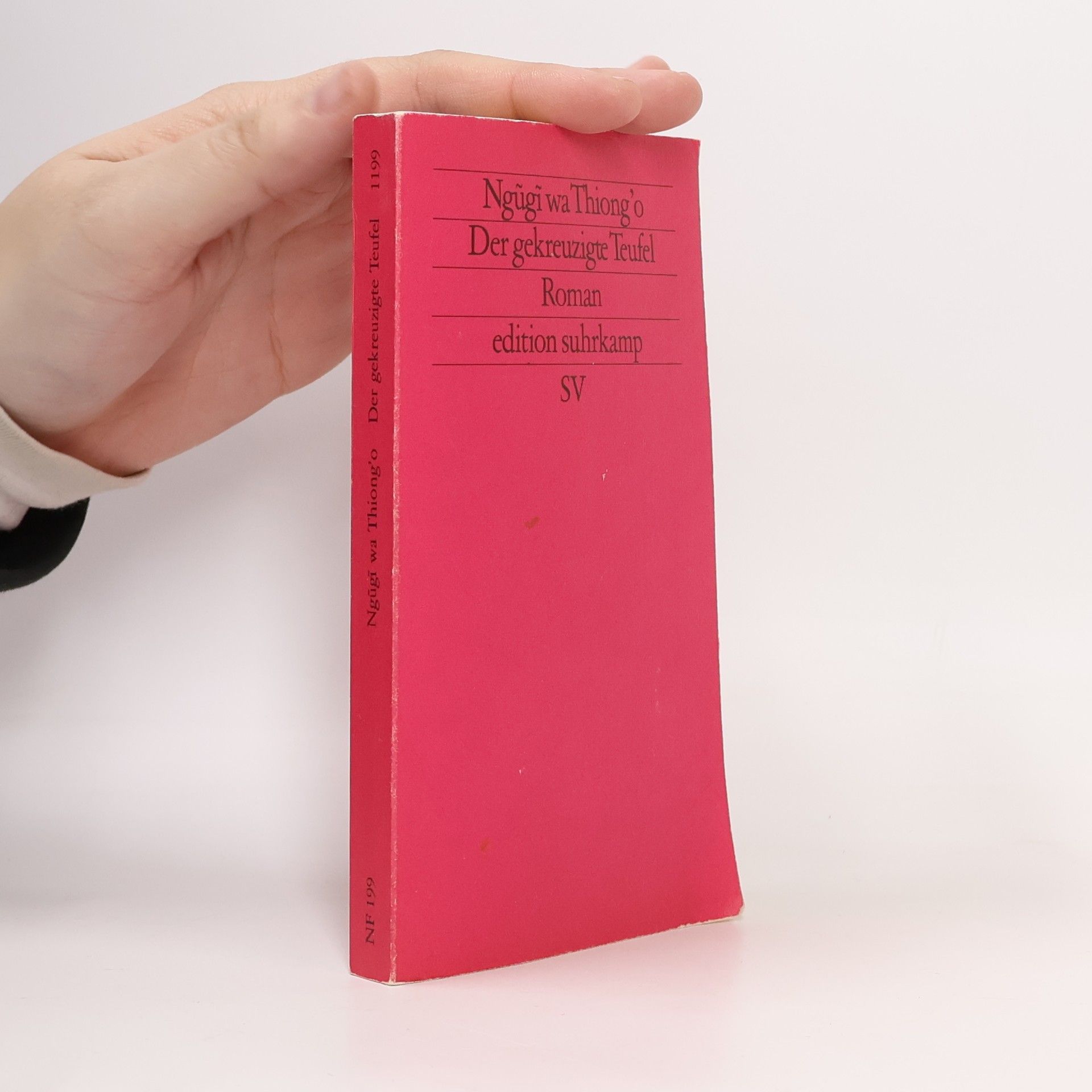Homecoming
- 272 Seiten
- 10 Lesestunden
In this collection of essays on African and Caribbean literature, culture, and politics, Ngugi wa Thiong'o delivers a groundbreaking critique of colonialism and capitalism in postcolonial Africa. In these essays, Ngugi wa Thiong'o eloquently interweaves a range of issues including religious oppression, consumerism, and independence with the powerful intellect and passion that has come to characterise his writing. These pieces are essential for readers wishing to uncover a critical perspective on African society and culture. Homecoming is a groundbreaking collection intended to provoke and encourage thoughtful debate on how best to 'restore the creative glory of Africa and of all Africans' in the wake of postcolonialism. 'One of the greatest writers of our time.' Chimamanda Ngozi Adichie 'A tremendous writer... It's hard to doubt the power of the written word when you hear the story of Ngugi wa Thiong'o.' Guardian 'One of Africa's greatest writers.' New York Times








